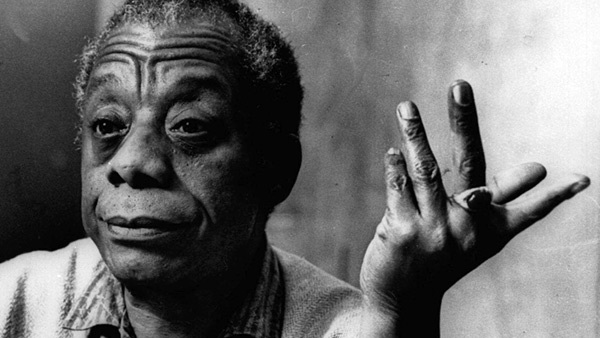
Note: This article is reprinted from the Community Alliance newspaper.
“I Am Not Your Negro” is a film that documents significant events in the history of African Americans through the works of the social critic and writer James Baldwin. In his unfinished book, “Remember This House,” Mr. Baldwin offered a personal account of the lives and successive assassinations of three unique African American leaders and his close friends: Medgar Evers, Malcolm X and Martin Luther King, Jr. The film brings the author’s manuscript about them to life.
Nominated for an Academy Award for Best Documentary Feature, “I Am Not Your Negro” will be screened on Friday, March 10 at the Tower Theatre, presented by Fresno Filmworks.
This documentary is timely in the aftermath of the election of Donald Trump, the rise of ultra-nationalists, the assault on immigration and amplification of xenophobia. Haitian filmmaker Raoul Peck portrays the lives of the three leaders and offers a montage of events that took place during the Civil Rights era, connecting them with contemporary events targeting African Americans such as the unrest in Ferguson, Mo.
The film is an opportunity for deeper reflection. For example, what will Generation X learn from the words of MLK, who called to “save our national honor, stop the bombing, stop the wall” when he took a stand against the war in Vietnam? Is there any resemblance between war in the late ’60s and the drones that drop indiscriminate bombs and lead to mounting civilian casualties worldwide? How about the tale of two cities across America that continues to represent a continuation of segregation, where the lines between those who have and those who don’t are clear? The filmmaker accurately describes that America probably continues to be “most segregated on Sundays” despite being labeled as a “melting pot” or a “salad bowl.”
Mr. Baldwin eloquently tells the story of the Negro as a story of America where the two are indivisible. He rightly claims that “history is not the past but the present as people carry within them their own history.” The documentary provides images of lynching in the past and the rise of white power where whiteness symbolizes power, not race.
